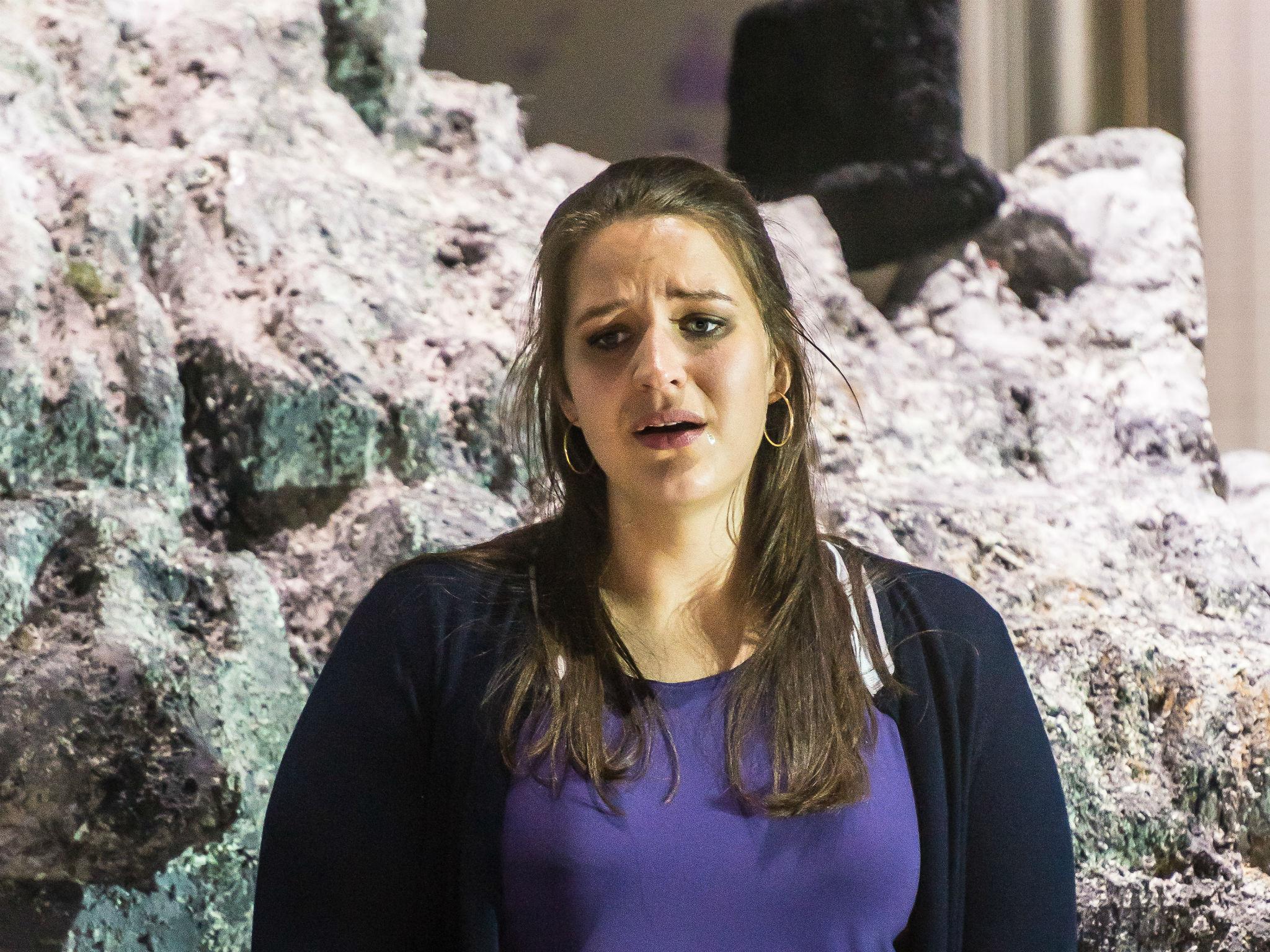Medea, Wexford Festival Opera, Ireland, review: Conductor Stephen Barlow has dusted off Cherubini’s score
‘Medea’ is directed by the actress Fiona Shaw at Wexford's 66th annual festival, with the title role sung by rising Norwegian soprano Lise Davidsen

Your support helps us to tell the story
From reproductive rights to climate change to Big Tech, The Independent is on the ground when the story is developing. Whether it's investigating the financials of Elon Musk's pro-Trump PAC or producing our latest documentary, 'The A Word', which shines a light on the American women fighting for reproductive rights, we know how important it is to parse out the facts from the messaging.
At such a critical moment in US history, we need reporters on the ground. Your donation allows us to keep sending journalists to speak to both sides of the story.
The Independent is trusted by Americans across the entire political spectrum. And unlike many other quality news outlets, we choose not to lock Americans out of our reporting and analysis with paywalls. We believe quality journalism should be available to everyone, paid for by those who can afford it.
Your support makes all the difference.Recovering between Hurricane Ophelia and the arrival of Storm Brian, the little fishing town of Wexford still managed to open its 66th annual festival devoted to lesser-known works from the operatic repertoire.
This year opened with Cherubini’s Medea, directed by award-winning actress Fiona Shaw, known to cinema audiences as Harry Potter’s awful aunt Petunia Dursley and whose own 2015 incarnation of Medea remains unforgettable, and with the title role sung by rising Norwegian soprano Lise Davidsen, who wowed audiences in Ariadne auf Naxos at Glyndebourne.
Medea is mostly remembered as a vehicle for Maria Callas in the Italian version (sung here), but her Fifties recordings don’t convey why Beethoven should have admired Cherubini so much his influence is clearly detectable in Fidelio. Conductor Stephen Barlow, however, has dusted off Cherubini’s score, reinstated his original, much faster tempi, and now, rinsed clean of earlier heavy-going approaches, the work is revealed as a more lyrical early-classical affair.
The opera opens as Jason – Sergey Romanovsky, with a lovely edge to his tenor – is preparing the marry Glauce, daughter of King Creon. But he has abandoned his first wife Medea, who helped him steal the golden fleece from her father in Colchis, and taken their two sons with him to Corinth.
The production has polarised opinion, some finding designer Annemarie Wood’s setting irremediably banal. In the first act, Glauce (wide-eyed Ruth Iniesta) fears for her upcoming marriage in a modern fitness gym, while the whole of the remaining action takes place in a dingy bedsit – and this has to accommodate Medea’s desperate pleas to Creon to allow her another day with her sons, her preparation of the gown and diadem to poison Glauce, the appalling murder of her sons, and the immolation of the temple.
Nonetheless, terrible events do get played out in bedsits, as news bulletins daily attest. When the physically and vocally imposing Davidsen reveals herself as Medea, every fear of the ex and obsessive revenge fantasy is evoked. A large rock present in the bedsit allows lighting designer DM Wood scope to depict Medea’s foam-lashed memory of the brother whose dismembered limbs she threw overboard to slow her father’s pursuit, and who now presides over her carefully crafted revenge. When Davidsen moves powerfully through the cajoling, despair, acceptance, and fury of her abandonment, ordinary is no bar to tragedy leaving only the horror of her plight, as expressed in Raffaella Lupinacci’s caressingly rich soprano lament by her handmaid Neris.
Join our commenting forum
Join thought-provoking conversations, follow other Independent readers and see their replies
Comments